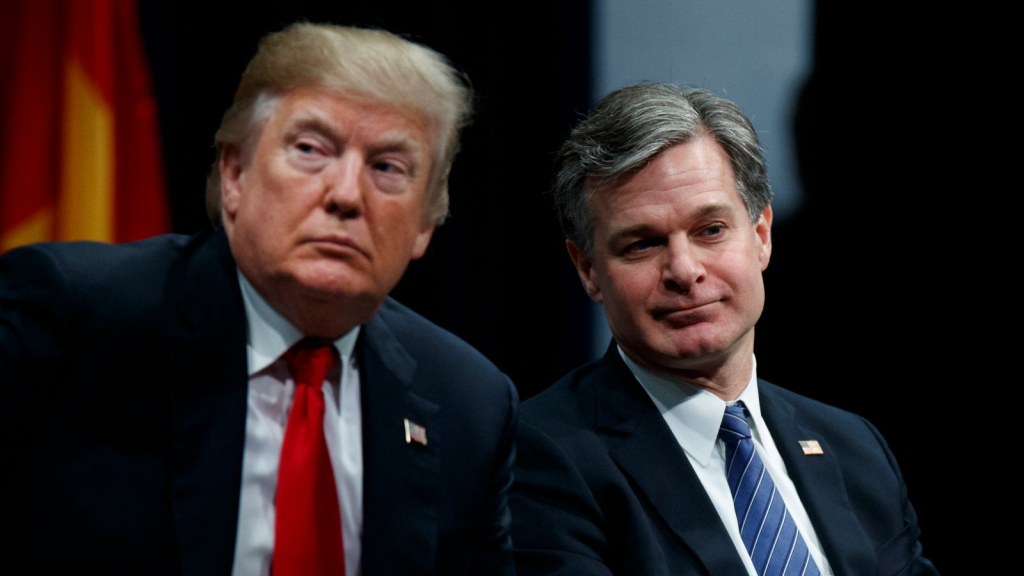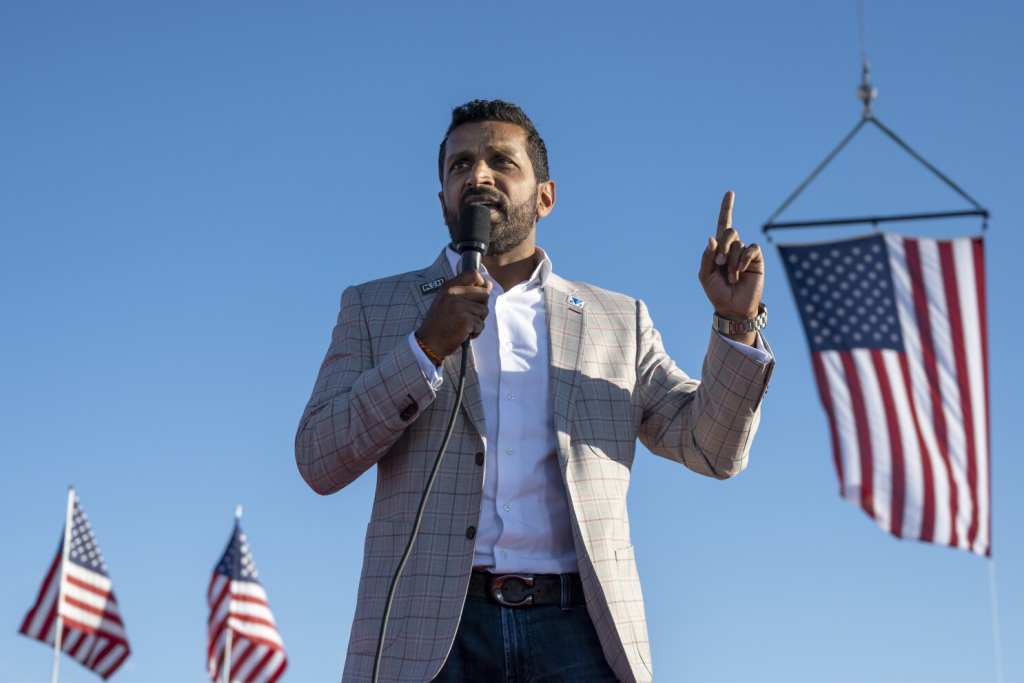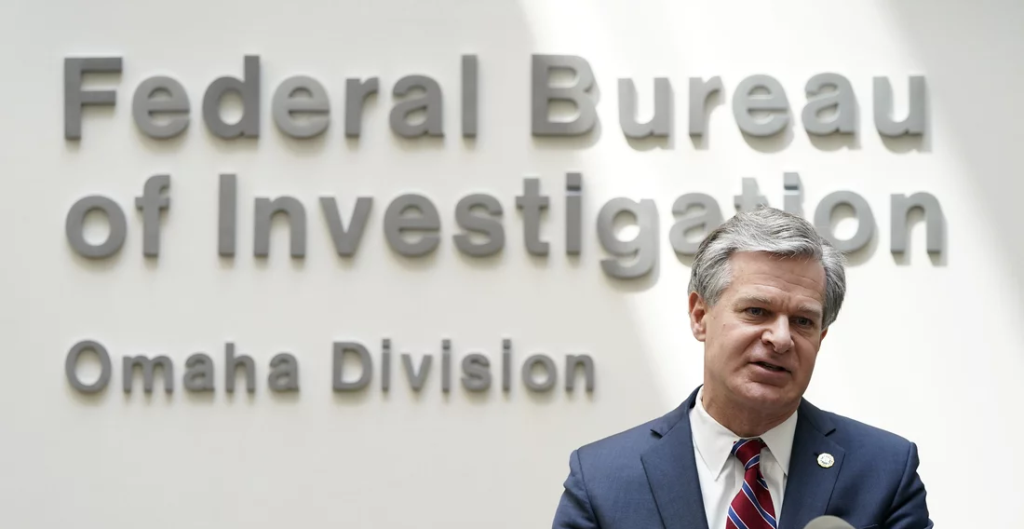Who Is Christopher Wray and Who Appointed Him?
Christopher Wray, a Yale Law School graduate with a career spanning public service and private practice, was nominated by then-President Donald Trump in 2017. Wray’s appointment came in the wake of Trump’s controversial firing of James Comey, the previous FBI director, amid investigations into Russian interference in the 2016 election. At the time of his nomination, Trump praised Wray as a “model of integrity” and a capable leader to stabilize the bureau.

Before heading the FBI, Wray served as assistant attorney general under President George W. Bush and was a partner at King & Spalding law firm. His appointment to the FBI was designed to be apolitical, with a 10-year term intended to ensure independence. However, Wray’s tenure has been anything but insulated from political controversy.
Why Did Christopher Wray Resign?
Wray’s resignation announcement follows Trump’s victory in the 2024 presidential election and growing pressure from Republican lawmakers, including Senator Chuck Grassley, who criticized Wray’s leadership as “politicized.” With more than two years left in his term, Wray stated his decision was aimed at ensuring a smooth transition for the FBI and avoiding further politicization of the bureau.
In his farewell remarks, Wray emphasized the importance of preserving the FBI’s independence and its mission, stating, “This is the best way to avoid dragging the bureau deeper into the fray, while reinforcing the values and principles that are so important to how we do our work.”
Did Christopher Wray Resign Voluntarily?
Though Wray stated his decision was voluntary, many observers view it as a preemptive move to avoid being fired by Trump after his inauguration. Wray’s tenure has been shaped by navigating unprecedented political pressure, a dynamic that underscores the challenges faced by the FBI in maintaining its apolitical mandate in a hyper-polarized environment.
Key Events That Lead The FBI Director Resigns
The resignation caps a tumultuous seven-year relationship between Wray and Trump. Here are some pivotal moments:
Nomination and Early Praise (2017): Wray was appointed to replace Comey and was initially praised by Trump for his integrity and qualifications.
Defending the FBI’s Independence (2017): Wray publicly defended the FBI against Trump’s accusations of bias during investigations into Russian interference in the 2016 election.
Mar-a-Lago Search (2022): The FBI’s search of Trump’s Mar-a-Lago estate to recover classified documents further strained relations, with Trump accusing Wray of weaponizing the Justice Department against him.
January 6 Capitol Attack Investigations (2021-2023): Under Wray’s leadership, the FBI conducted the largest investigation in its history, arresting over 1,500 individuals involved in the Capitol riot, a move that angered many Trump supporters.
Trump’s Return to Power (2024): Following Trump’s re-election, Wray faced mounting pressure to step aside as the new administration prepared to reshape the FBI.
Who Will Replace Christopher Wray As The New FBI Director ?
Trump has nominated Kash Patel, a staunch ally and former national security official in his administration, as Wray’s successor. Patel, known for his vocal criticism of the FBI and calls to dismantle elements of its leadership, has begun seeking Senate support for his confirmation. In the interim, Deputy Director Paul Abbate will serve as acting FBI director.

While some Republicans, such as Senator Grassley, have welcomed Patel’s nomination, others question his qualifications and potential to further politicize the agency. Critics argue that Patel’s approach could undermine the bureau’s foundational mission of impartial law enforcement.
Christopher Wray’s resignation signifies the end of a tumultuous era for the FBI, as Trump prepares to reassert his influence over the nation’s top law enforcement agency. The appointment of a new FBI director will undoubtedly shape the agency’s future and its ability to navigate political and legal challenges in the years to come.


